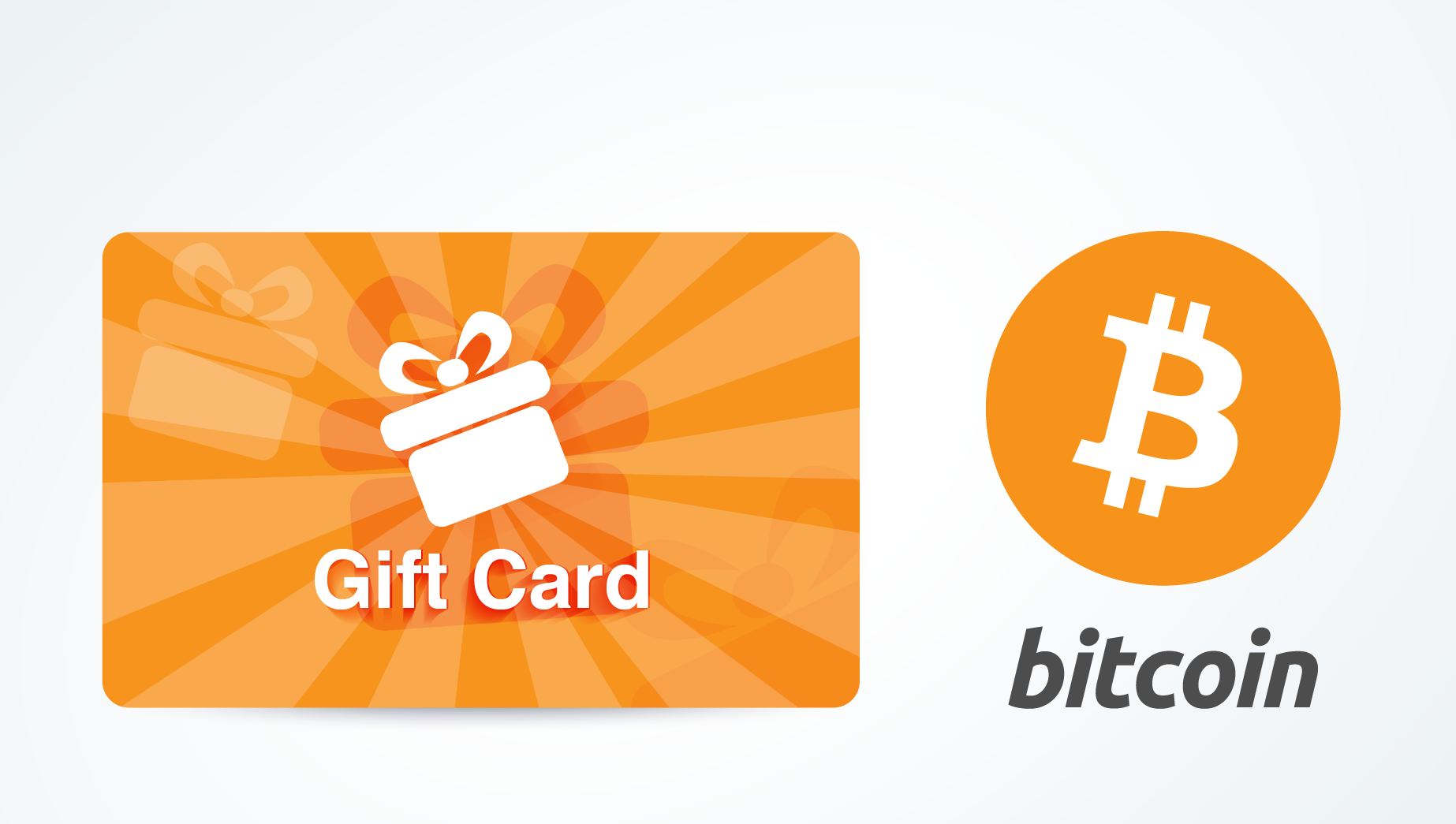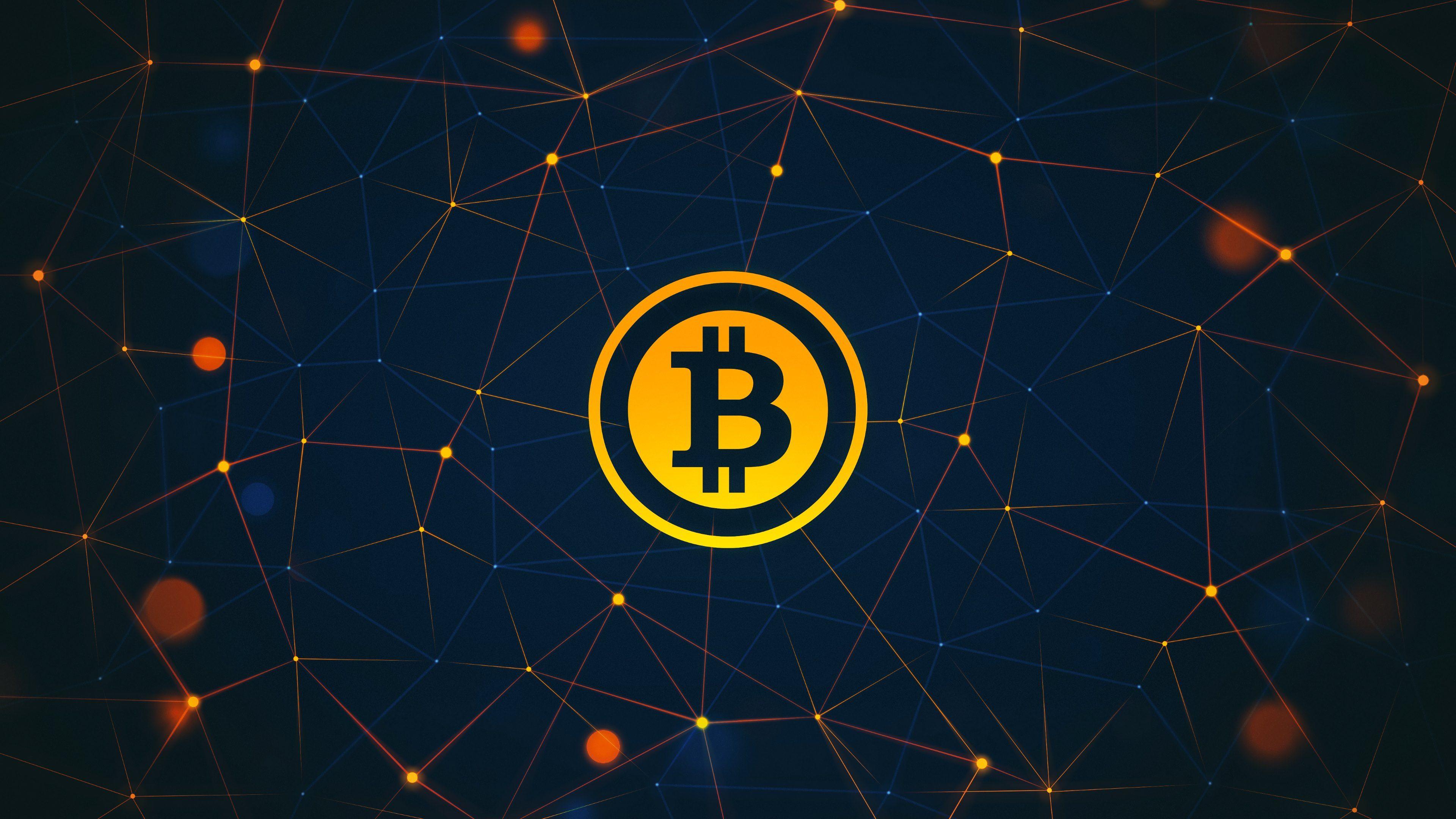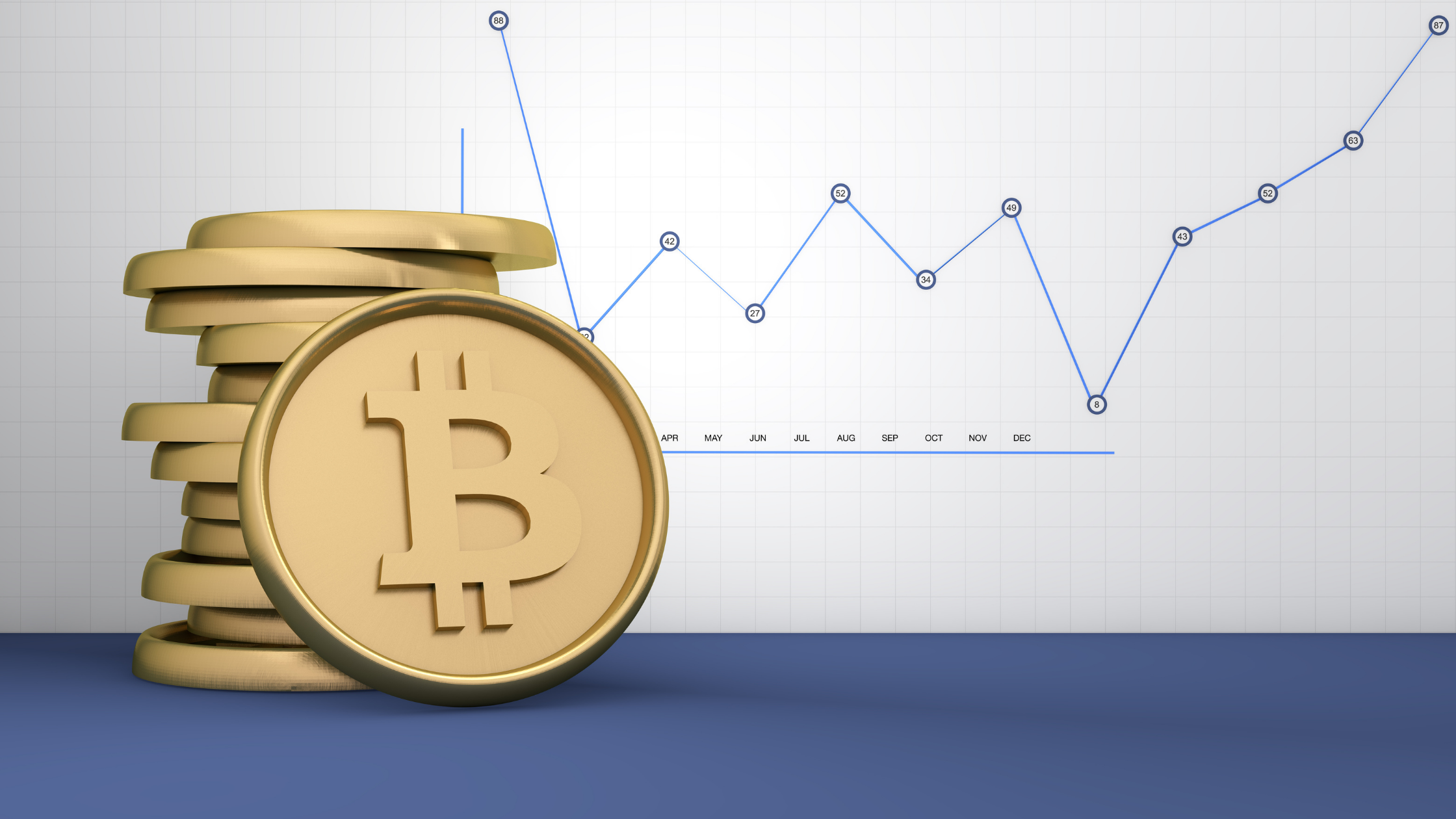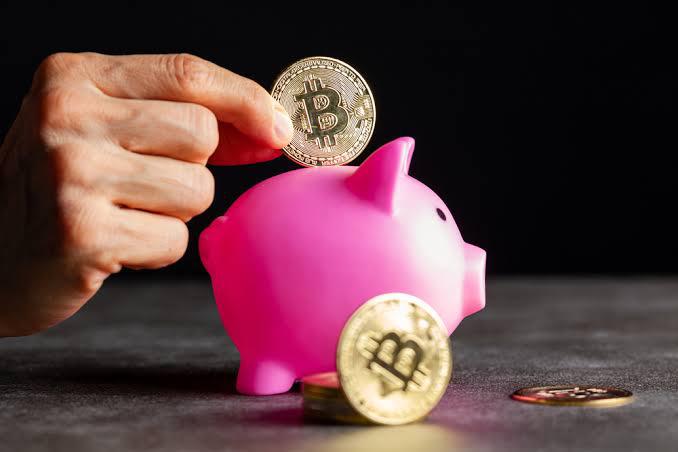Bitcoin(BTC)) has come a long way since its creation in 2009. Since then, it has developed many real-use cases, such as getting better foreign exchange rates.
Cryptocurrencies have revolutionized these spaces, offering cheaper and more efficient ways of sending money across borders. Although many are still used to exchanging and sending money through traditional means, there are many glaring flaws that we can’t overlook in that area. This is especially true when unfair forex rates and currency exchange controls come into play.
Why do foreign exchange rates fluctuate?
In 2020, we saw historic economic upheaval. The market was shocked and it impacted trade, employment, inflation, and national budgets. This led to a global recession that even stable economies couldn’t avoid, meaning the countries that were already economically vulnerable before 2020 have been the worst impacted.
Currency exchange fluctuations are already a natural outcome of floating exchange rates—the rates determined by the supply and demand relative to other countries. When economic shocks are added to that, foreign exchange rates can really get up there and it can be difficult for struggling economies to exchange their money.
What are foreign exchange controls?
Foreign exchange controls are the measures put in place by national governments to restrict the buying and selling of foreign currency.
Many countries with added controls like these have already removed them, but some still use them—Russia, India, North Korea, Cuba, and China, for example.
So, what does this mean for people living in these countries? Essentially, it means that they have limited access to foreign currency. They can only change money at money changers approved by the government. Even then, transactions at these exchanges have upper limits.
Additionally, the money exchange rates are all set by the government and all exchanges are recorded using government IDs. These measures can control how much foreign currency citizens carry in cash, in and out of the country.
Pros and cons of foreign exchange controls
If these are what foreign exchange controls are, why do governments apply them? Well, there are a couple of benefits to doing so:
The first, which we’ve touched on a little bit earlier, is that weaker economies can benefit from these controls. With these measures in place, exchange rate fluctuations are prevented from becoming excessive.
Forex controls are also designed to counter the effects of extreme speculation on foreign exchange markets. An example of this would be Iceland in 2008. After the economy’s severe crash that year, temporarily imposed exchange controls were applied.
However, these controls also have their own set of cons:
The first is that they disrupt the nature of a currency’s value to rise and fall in response to natural market forces. In essence, they defeat the idea of free trade.
The second disadvantage to using these controls is that they make it harder for companies to send and receive cross-border payments. An example of this would be the Russian Central Bank. They tightly control Ruble currency exchange rates and require the sender of the money to have an account with the Russian Central Bank. Additionally, some of the transactional information will have to be filled out in Russian. These controls complicate payments to Russia, especially for smaller firms.
Additionally, government-dictated forex rates are sometimes unfair and are lower than the actual value of the currency. In hopes of getting the max value for their currency, people will often turn to black-market money changers.
Lastly, these controls also affect remittances. If rules like these are implemented, they could jeopardize the cost and speed of remittances sent—which goes against the UN’s goal of reducing worldwide remittance costs.
Using Bitcoin to your advantage
Just to give you an idea of how you can use BTC to your advantage, let’s say that you have 100 USD that you want to convert to Nigerian Naira (NGN). At the exchange rate today (August 26, 2021), you’d get around 41,150 NGN for that 100 USD.
However, if you were to exchange 100 USD to BTC first (at the time of writing, 1 BTC = around 47,000 USD), it would get you around 0.0021 BTC, which you could sell for over 50,000 NGN on Cordial Exchange marketplace.
Looking to try it out? The first thing you have to do is create a Cordial account then buy BTC on Cordial Exchange with your 100 USD . We recommend reading how to go about it first. After converting your 100 USD into BTC, it’s time to sell it and get paid in NGN.
Supposing you chose to sell your 0.0021BTC at a point where the current Bitcoin price is much higher, you could get about over 20,000 NGN higher compared to exchanging your money in money changers where 100 USD = 41,150 NGN.
With Cordial Exchange, you also have the option to hold your money in your Cordial Exchange Wallet. This will allow you to protect your money by using Bitcoin as a hedge against inflation. If your money is in BTC, then your money isn’t going to be affected by inflation.
Outdated models?
As you can see, using Bitcoin is one of the best ways you can get better forex rates and remittances. In addition to that, BTC also has other real-use cases, such as being a much more efficient means of payment and a viable store of value asset, to name a few.
These uses of BTC prove that cryptocurrency doesn’t always have to be about speculation, making money, or investment. Instead, it could be a type of money that we can use in everyday situations.
As adoption continues to rise throughout BTC’s timeline, we’ll begin to see more of these use cases pop up—and we can’t wait to see how creative people are going to get.
Source: paxful.com
Bitcoin(BTC)) has come a long way since its creation in 2009. Since then, it has developed many real-use cases, such as getting better foreign exchange rates.







